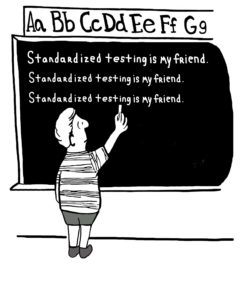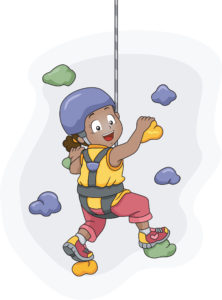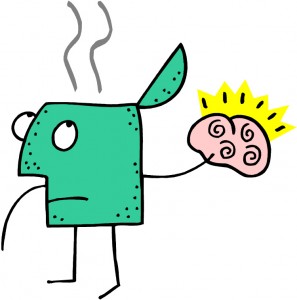Children are no strangers to stress and tension. Because they are ‘time-poor’ they have very little down time to process their feelings and concerns. The tension we feel as parents and teachers is unfortunately shared with children.
Our obsessions with their academic results and exams have caused children to question their self-worth, their intellectual ability and to doubt their ability to cope with school.
Stessed children learn less so everyone loses!
I have assessed many new children over the last 3 months and a common thread runs through most of these sessions – tension.
So many kids are tense, worried, tell me they are failing and CAN’T DO their work. They describe themselves as “dumb” and “stupid” and really cannot perceive they could possibly be smart, successful or able to overcome their difficulties.
Sadly – something all these children share is average to high intelligence and incredible gifts in:
- music
- gymnastics/dance/sporting ability
- the ability to generate amazing ideas for writing
- really high artistic ability
- high problem solving skills
Their creative thinking skills are off the scale and yet they know we don’t value these gifts!
Why don’t we?
The world needs these creative gifts like never before!
Why do we consign these brilliant kids to the educational trash heap?
Sure – they often DO learn differently.
This means I have to think differently when I plan their lessons and I have to teach differently. I get kids writing and spelling words in bright colours, tracing them in sand-pits, on a giant white board etc and I’m happy to provide all these learning tools because this is HOW they learn. So, if children learn differently we all need to teach differently. We can’t keep consigning these kids to the educational rubbish bin.
I LOVE working with these super-smart kids. and I have to help them let go of the tension and negative thoughts they have built up around their academic achievement. It is a privilege to work with them.
I teach them to physically relax using kinesiology exercises, learn to adopt a positive mind set and I utilise art and journalling therapies to help with self-expression .
Its only after they can relax and drop the tension around academic matters that our children can truly start the remediation process. These kids need to be healed from the very education system that was supposed to help them!
We owe it to the future to roll back the tension levels kids feel. it just makes the learning process so much slower. ALL kids can be helped to see their own skills and to realise they ARE smart they DO matter and they CAN succeed.












